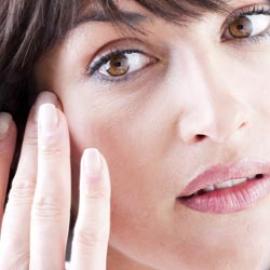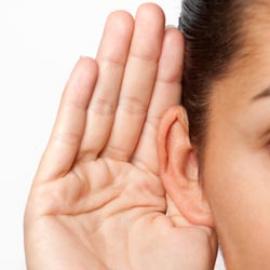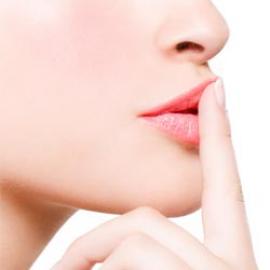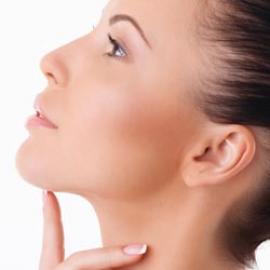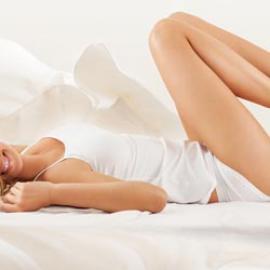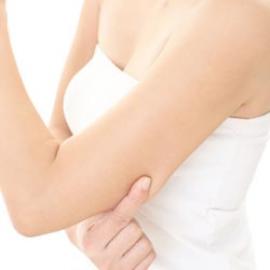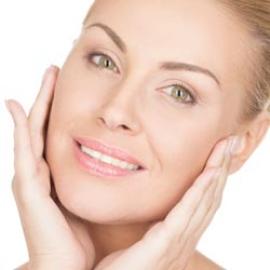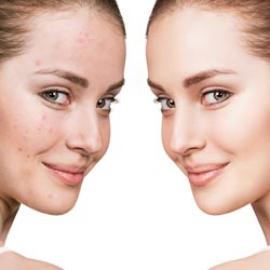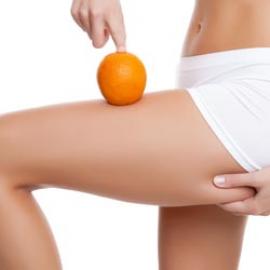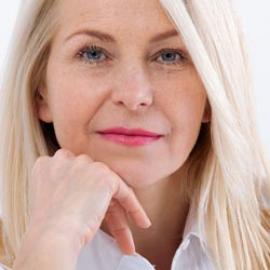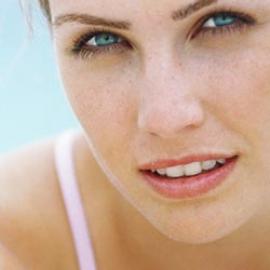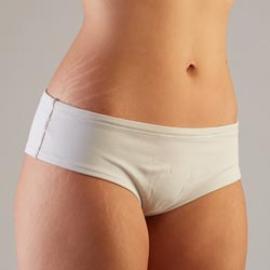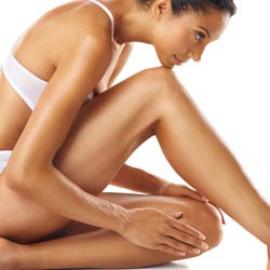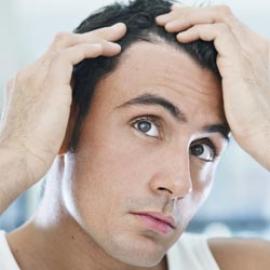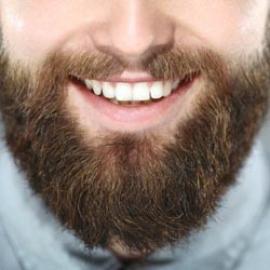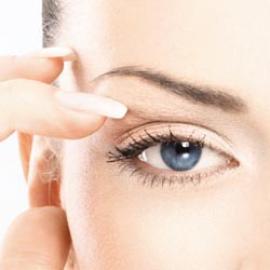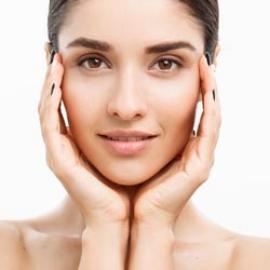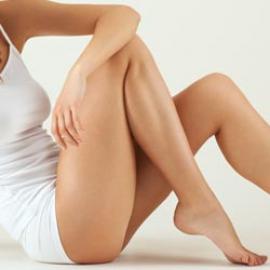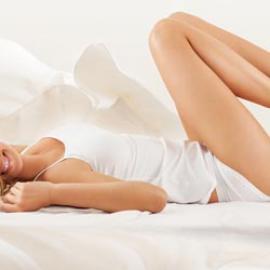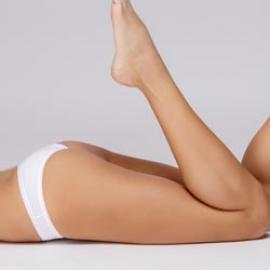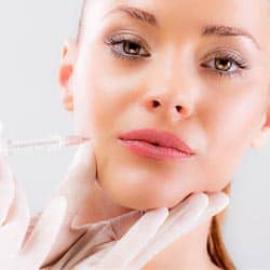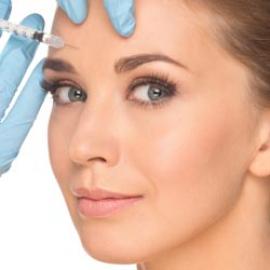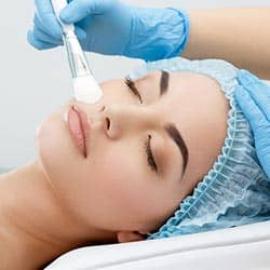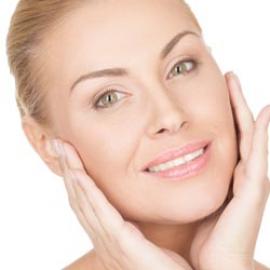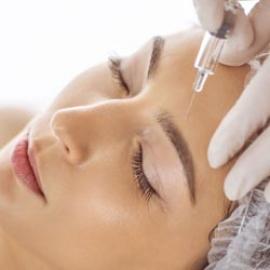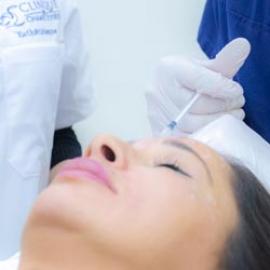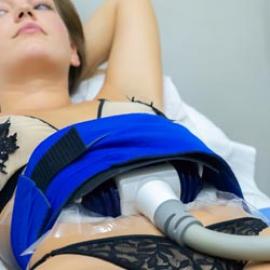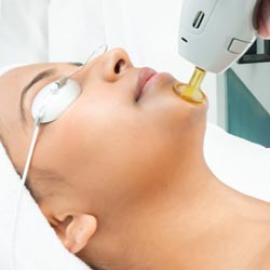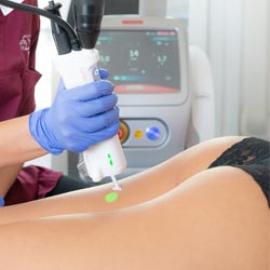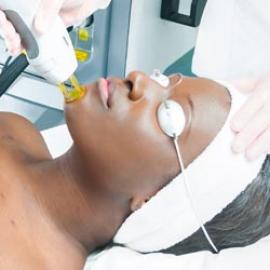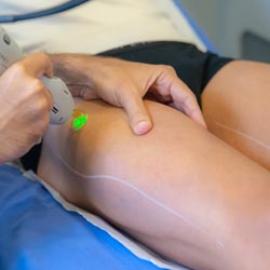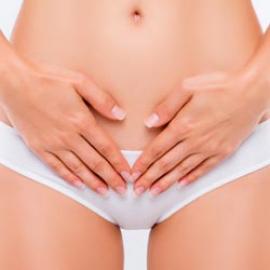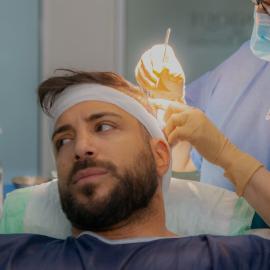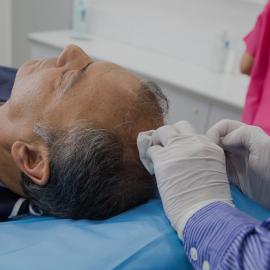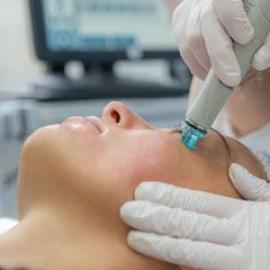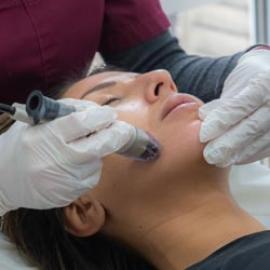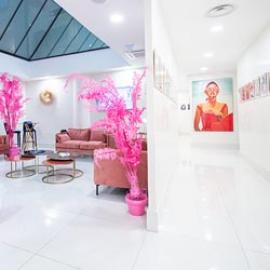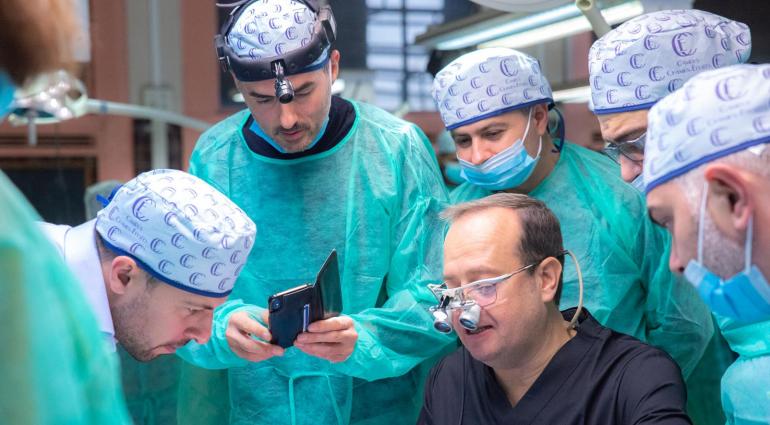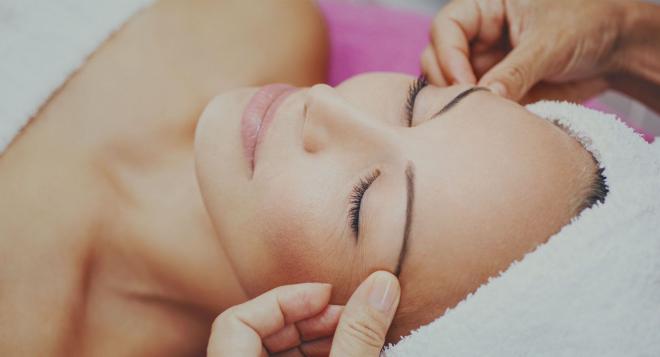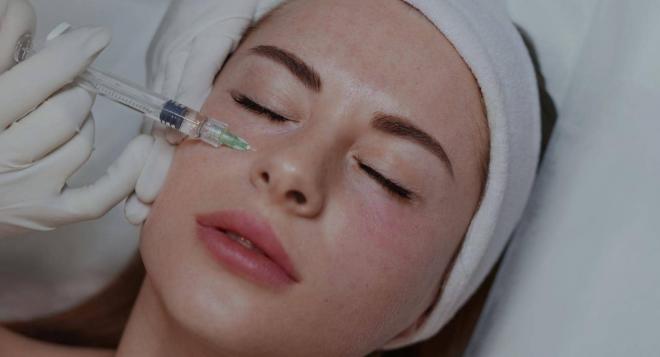
Today, between 41% and 54% of women are affected by adult acne. It is generally women over the age of 25 who are impacted by adult acne. Often considered unflattering, women want to get rid of it as quickly as possible.
Rather than treatments based on creams and other rather abrasive ingredients, it is possible to bring an end to this facial discomfort and to restore a smooth, acne-free skin using esthetic medicine.
What is Adult acne ?
Acne is an inflammation of the sebaceous glands at the base of the hair. Blackheads are created by the build-up of bacteria which turn into pustules. Acne occurs mostly in areas heavy in sebaceous glands, such as the T-zone (forehead, chin and nose).
In this way, acne is known to be a skin condition causing inflammation of the hair follicles. The sebaceous glands are then obstructed by impurities, fatty secretions and other impurities. Pimples develop and become infected. It is a bacterium called Propionibacterium Acnes that is responsible for the appearance of acne as it infects the pimples.
There are multiple types of acne:
- Persistent acne: present from puberty with no decline in adulthood;
- Late acne: this type of acne occurs in adults.
Similarly, the seriousness of the acne depends on the person. It is therefore possible to make a distinction between:
- Minor acne: there are just a few blackheads on the face.
- Moderate acne: in addition to blackheads, there are a few red pimples with a white head and skin lesions, as well as some red pustules which can spread to the face and to the shoulders and back.
- Severe acne: nodules and cysts occur and can leave scars.
What are the causes of Adult acne ?
There are many reasons for adult acne:
- Hormones: hormonal changes can trigger the onset of adult acne. This is especially the case during the menstrual cycle, when taking some contraceptives as well as during pregnancy or menopause. These variations can contribute to an overproduction of sebum and thus to the development of acne.
- Stress: in stressful situations, the body will release cortisol, increasing the chance of contamination of the pores by the bacteria that cause acne.
- Food: acne can occur when food contains too much sugar or fat. In fact, peaks of insulin triggered by an overly rich diet increase sebum production and clog the pores.
- Environment: pollution, cigarettes and other causes, such as temperature changes or changes in washing products, can induce acne in adults.
- Certain skincare products: such products should be perfume-free and suitable for each skin type. If this is not the case, they can cause acne flare-ups.
How to remedy adult acne
Adult acne may have a major effect on psychological well-being, particularly in women. As a result most of them are focused on ridding themselves of these unflattering lesions and pimples.
This is why aesthetic medicine can now successfully treat adult acne. However, you will need to contact a dermatologist who will determine the most suitable solution for your problem, whether by peeling, mesotherapy or even using an LED light.


